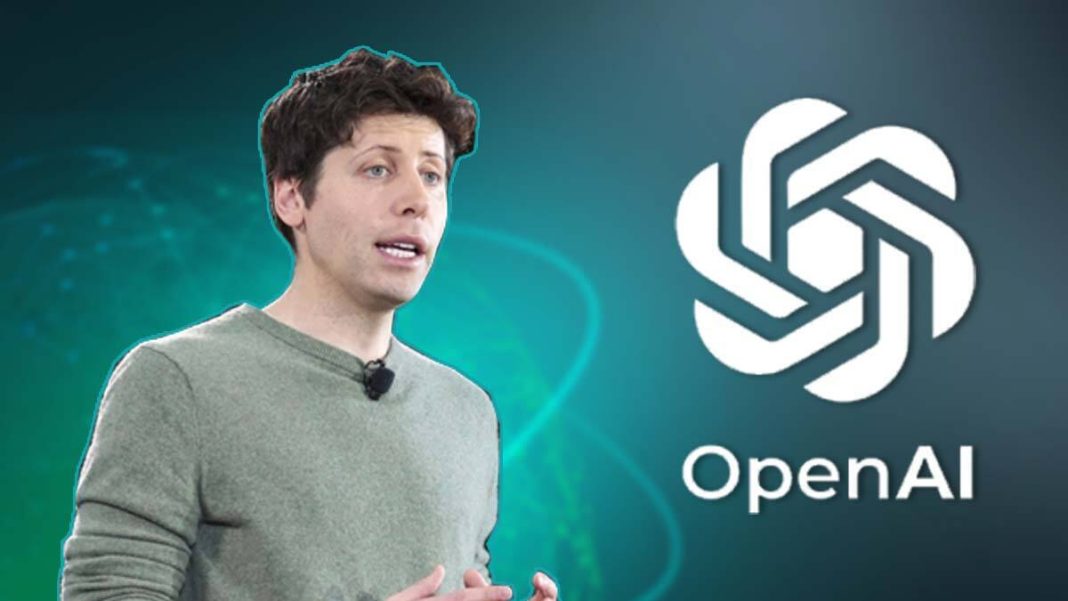OpenAI, a leading force in the artificial intelligence (AI) industry, is reportedly contemplating a significant shift in its corporate structure. According to The Information, OpenAI’s CEO and co-founder Sam Altman has indicated to shareholders that the company might transition from a capped-profit corporation to an unfettered for-profit model. This potential change, discussed during the week of June 10, could have far-reaching implications for the control and mission of OpenAI.
The Current Structure of OpenAI
OpenAI’s existing structure is a hybrid model described on its website as “a partnership between our original Nonprofit and a new capped profit arm.” This arrangement was designed to balance the need for substantial investment in AI research with the company’s founding vision of benefiting humanity through the development of artificial general intelligence (AGI).
The Rationale for a Capped-Profit Model
The shift to a capped-profit structure was initiated to attract investments that donations alone could not sustain. OpenAI acknowledged that the financial demands of cutting-edge AI research were beyond what could be met through traditional non-profit funding methods. The capped-profit model allowed for returns on investment, thereby incentivizing stakeholders while maintaining a commitment to the company’s ethical framework.
The Proposed Transition to a For-Profit Model
If OpenAI transitions to a fully for-profit model, its non-profit board would lose control over the company. This change could potentially unlock new funding opportunities and provide greater financial flexibility. However, it also raises questions about how the company’s mission and operational ethos might evolve.
A Tale of Scarlett Johansson and OpenAI Controversy; Actress Seeks Explanation About Voice Creation
Currently, OpenAI is valued at approximately $86 billion. The company’s website still advises potential investors to view their contributions in the spirit of donations, emphasizing the high-risk nature of investing in AI research. OpenAI cautions that investors could lose their capital contribution and may not see any return, underscoring the uncertain financial terrain associated with AGI development.
Changes in OpenAI’s Board of Directors
In tandem with the discussions about restructuring, CEO Sam Altman has reconfigured OpenAI’s board of directors. New members include:
- Sue Desmond-Hellmann, former CEO of the Bill and Melinda Gates Foundation
- Nicole Seligman, former Vice President of Sony
- Fidji Simo, CEO and chair of Instacart
- Paul Nakasone, retired U.S. Army general and former director of the National Security Agency (NSA)
Controversies and Criticisms
The appointment of Paul Nakasone has sparked significant controversy. Edward Snowden, a former U.S. intelligence contractor known for exposing mass surveillance practices, vehemently criticized Nakasone’s inclusion on the board. Snowden took to social media platform X.com, warning the public against trusting OpenAI or its products, specifically citing ChatGPT. He argued that the appointment of a former NSA director represents a calculated betrayal of global citizens’ rights.
They’ve gone full mask-off: 𝐝𝐨 𝐧𝐨𝐭 𝐞𝐯𝐞𝐫 trust @OpenAI or its products (ChatGPT etc). There is only one reason for appointing an @NSAGov Director to your board. This is a willful, calculated betrayal of the rights of every person on Earth. You have been warned. https://t.co/bzHcOYvtko
— Edward Snowden (@Snowden) June 14, 2024
Implications for OpenAI’s Mission and Vision
The potential shift to a fully for-profit model brings into question how OpenAI will navigate its commitment to ethical AI development. The company was founded with the mission of ensuring AGI benefits all of humanity, and any move towards prioritizing profit could conflict with this goal. The restructuring could lead to a reevaluation of OpenAI’s priorities, potentially influencing the direction of its research and development efforts.
Satya Nadella’s Warning Against Anthropomorphizing AI Technology
For stakeholders, the transition represents both an opportunity and a risk. While a fully for-profit model might offer greater returns on investment, it also introduces new uncertainties. The warning that investments should be treated as donations highlights the inherent risks involved in AI research, particularly in the uncharted territory of AGI.
OpenAI’s consideration of a shift to a fully for-profit model marks a pivotal moment in the company’s evolution. As the AI industry continues to grow and evolve, the decisions made by leading organizations like OpenAI will have profound implications for the future of technology and society. The potential restructuring raises critical questions about the balance between financial incentives and ethical commitments in the pursuit of advanced AI technologies.





